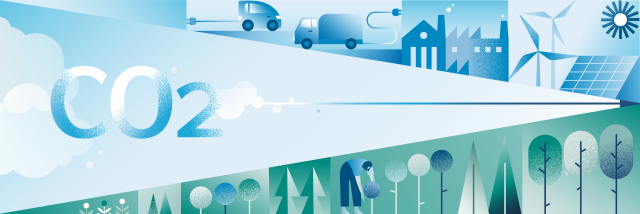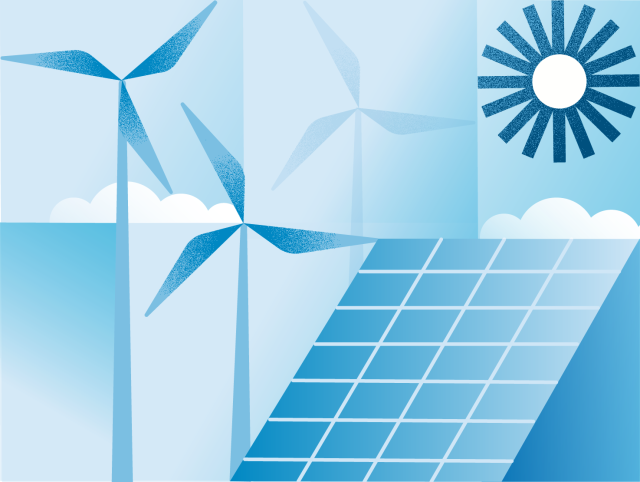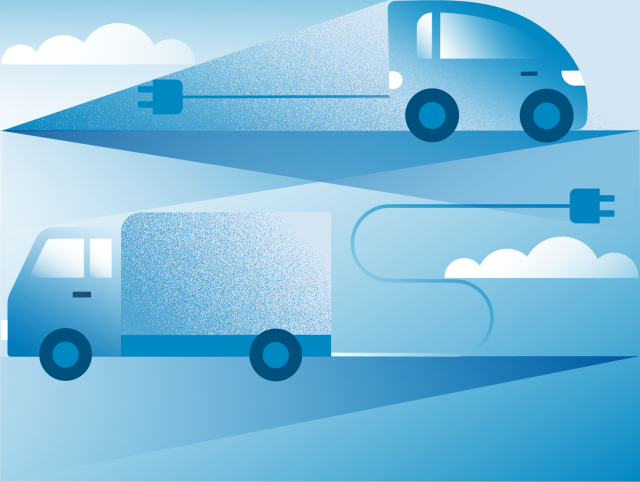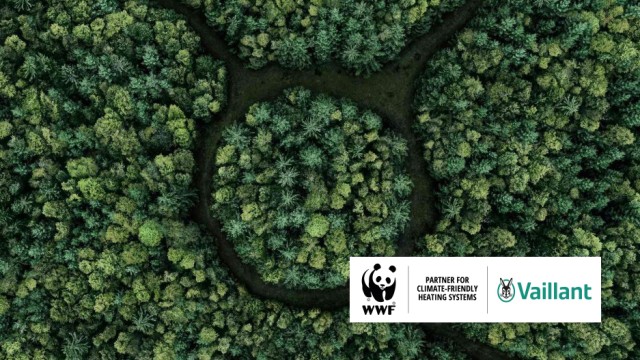Scope 1 covers the direct release of climate-damaging gases through the company’s own business operations. This includes emissions from the company’s own vehicle fleet and the energy consumption of the buildings.
Scope 2 includes climate-damaging emissions that are not produced by the company’s own business operations, but in the generation of the electrical energy that the company uses.
Scope 3 comprises greenhouse gases that are emitted outside the company in the upstream and downstream value chain. This includes, among other things, emissions generated during the production of purchased goods and greenhouse gases emitted during the use of the products.













